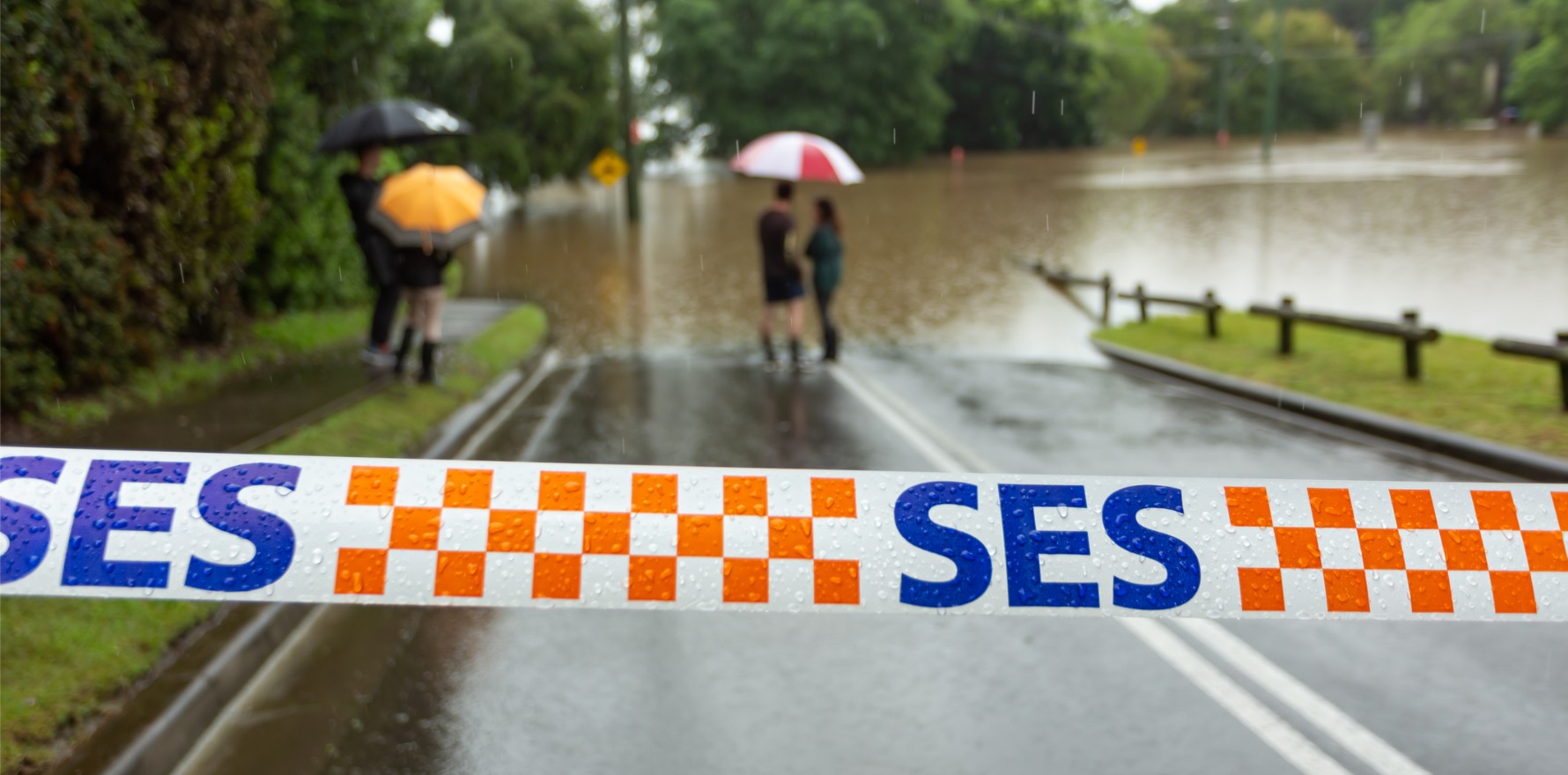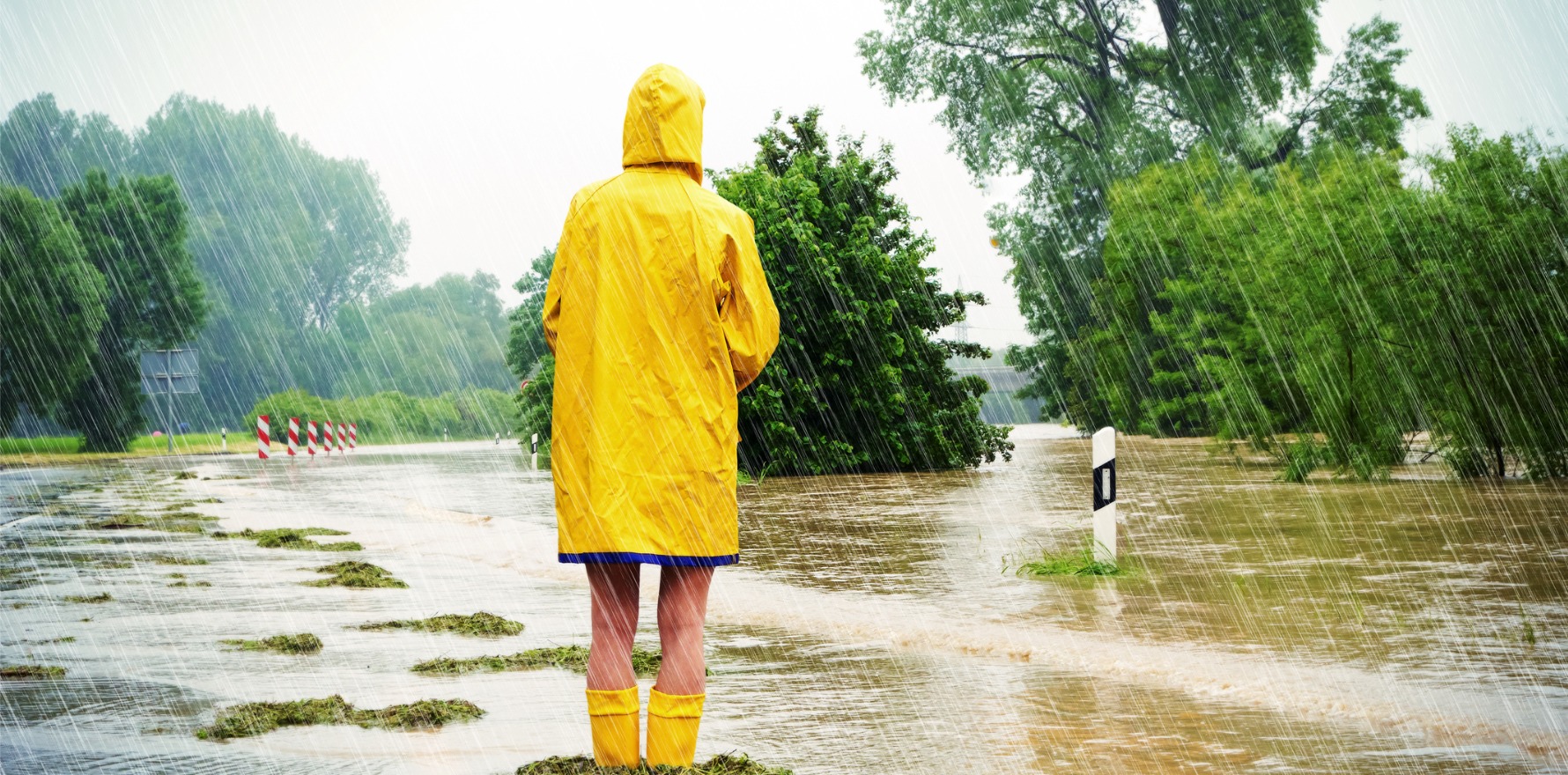The recent NSW floods have sparked new calls for greater long-term flood relief in healthcare, especially in mental health.
With record-breaking floods still having an immense impact on the NSW mid-north coast many GPs are reflecting on how the floods have produced repetitive conditions of need for further support.
These cycles come as many GPs in flood-affected areas have recounted the repeated timeline of healthcare-focused flood relief still leaving much to be desired.
However, some GPs have also pushed for reform in other health policies that will assist in health issues exacerbated by the floods.
A report from Doctors for the Environment Australia (DEA) demonstrated how climate change-worsened natural disasters like floods were affecting regional levels of mental health issues.
“Hot weather and heat waves are associated with increases in emergency presentations with suicidal thoughts and behaviour, physical and sexual assaults and with domestic violence, as well as poorer learning for children,” said the report.
“We need to make sure that these mental health services are not just [funded] in the month after there’s been an event, but that actually there’s support for local ongoing mental healthcare that’s based on the best available evidence,” DEA spokesperson and psychiatrist, Dr Cybele Dey, told TMR.
Related
These comments were echoed by GPs on the mid-north coast who reiterated the need for greater mental health support as part of flood relief.
“There is an increase in mental health issue, and most regional and rural patients go and see their GP for their mental health, probably because it’s hard to even see a psychologist,” Port Macquarie GP, Dr Debra King, told TMR.
“So having GPs involved in the recovery time is really important, because honestly, the GP has the closest relationship with their patients.”
Regarding funding, rural health members have made calls on the federal government to establish health infrastructure that allows for faster reactions to these health crises.
“We need to make sure that the federal government is allowing systems to react as quickly as possible,” said RACGP rural chair Professor Michael Clements.
“We know that they also change the legislation around prescriptions and the ability for pharmacies to be able to respond in an emergency and dispense medications without scripts in urgent cases and emergency supplies.
“We also know that there’s further opportunities to look at how is it that general practice is funded through the incentive payments, through the practice payments to better prepare and respond.
“So, there’s some legislative things where we can get some clarity and some exemptions that would be helpful.
“But it takes time for bureaucracies to start having a better process for doing a retrospective look at the disaster and seeing what can be learned and applied next time.
“It’s still very haphazard and it’s still very regional.”





